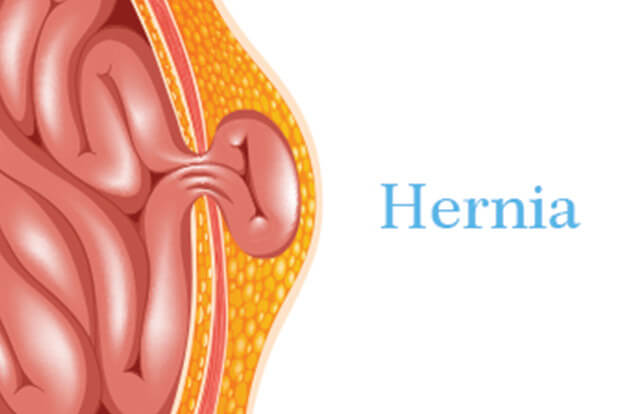Health benefits of parsley and peppermint, check which is more beneficial
Thu 15 Feb 2024, 00:19:07

When it comes to enhancing flavour and adding depth to dishes, parsley, and peppermint are two herbs that often come to mind. However, beyond their culinary uses, these herbs possess medicinal properties that have been recognized for centuries. While parsley shines with its nutrient-rich profile and antioxidant properties, peppermint stands out for its soothing effects on digestion, respiratory health, and mental well-being. Incorporating these versatile herbs into your diet and daily routine can contribute to overall health and vitality, providing a flavourful and holistic approach to wellness. Here are the health benefits of parsley and peppermint, exploring their unique properties and potential advantages for overall well-being.
Parsley: A Nutrient-Rich Powerhouse
Parsley, known scientifically as Petroselinum crispum, is not just a garnish on your plate; it's a nutrient-packed herb with an array of health benefits. Rich in vitamins A, C, and K, as well as folate, iron, and antioxidants, the herb offers a nutritional boost with every bite. Its vibrant green leaves contain volatile oils such as myristicin, which possess anti-inflammatory and antimicrobial properties, contributing to its potential health benefits.
Health Benefits of Parsley
1. Anti-inflammatory Properties: The compounds found in parsley, particularly myristicin, have been studied for their potential to reduce inflammation in the body, which may aid in the management of conditions like arthritis and inflammatory diseases.
2. Antioxidant Support: Parsley is rich in antioxidants such as flavonoids, carotenoids, and vitamin C, which help neutralize harmful free radicals, protecting cells from oxidative damage and reducing the risk of chronic diseases.
3. Heart Health: The high levels of vitamin K in parsley are essential for blood clotting and bone health, while its folate content supports cardiovascular health by
regulating homocysteine levels, potentially reducing the risk of heart disease.
regulating homocysteine levels, potentially reducing the risk of heart disease.
4. Digestive Aid: Parsley contains compounds like apiol and myristicin, which may promote healthy digestion by stimulating digestive enzymes and reducing bloating and gas.
Peppermint: Cooling and Soothing
Peppermint (Mentha piperita) is a popular herb known for its refreshing flavour and aromatic scent. Its active compound, menthol, gives peppermint its characteristic cooling sensation and therapeutic properties. It has a long history of medicinal use, dating back to ancient Egyptian and Roman civilizations, and is still widely utilised today for its numerous health benefits.
Health Benefits of Peppermint
1. Digestive Relief: Peppermint is well-known for its ability to soothe digestive discomfort, including indigestion, gas, bloating, and nausea. Menthol, the primary compound in peppermint oil, relaxes the muscles of the gastrointestinal tract, easing spasms and promoting smoother digestion.
2. Respiratory Support: Inhalation of peppermint oil vapor may help alleviate symptoms of respiratory conditions such as congestion, coughs, and sinusitis. The menthol in peppermint acts as a natural decongestant, clearing nasal passages and providing relief from respiratory congestion.
3. Headache and Muscle Pain Relief: Peppermint oil applied topically or inhaled may help relieve tension headaches and muscle pain due to its cooling and analgesic properties. Its ability to increase blood flow and reduce muscle contractions can alleviate discomfort and promote relaxation.
4. Mental Clarity and Alertness: The invigorating aroma of peppermint has been shown to enhance cognitive function, improve concentration, and boost alertness. Whether inhaled or consumed as tea, peppermint can help alleviate mental fatigue and promote a sense of clarity and focus.
No Comments For This Post, Be first to write a Comment.
Most viewed from Health
AIMIM News
Latest Urdu News
Most Viewed
May 26, 2020
Do you think Canada-India relations will improve under New PM Mark Carney?
Latest Videos View All
Like Us
Home
About Us
Advertise With Us
All Polls
Epaper Archives
Privacy Policy
Contact Us
Download Etemaad App
© 2025 Etemaad Daily News, All Rights Reserved.






























